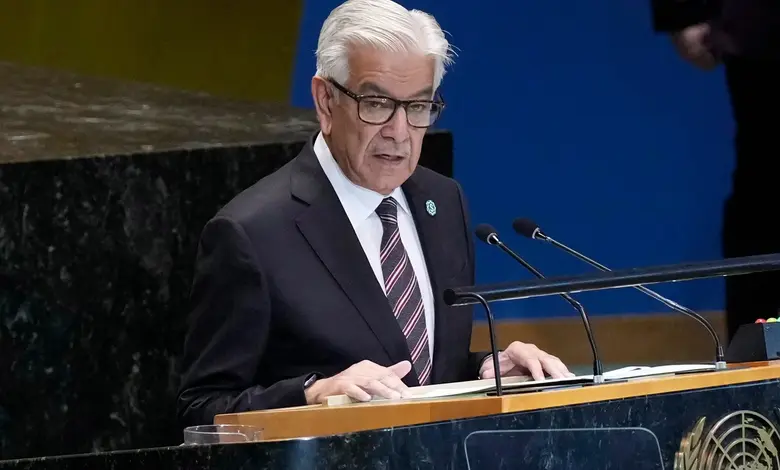Pakistan Calls for Global Inquiry into Pahalgam Attack Amid Rising Tensions

Pakistan’s Defence Minister Khawaja Muhammad Asif has urged the international community to conduct an independent investigation into the recent terrorist attack in Pahalgam, Jammu and Kashmir, which claimed 26 lives. The call comes as tensions between Pakistan and India escalate following India’s swift diplomatic measures targeting Pakistan in response to the April 22 incident.
Asif emphasized Pakistan’s willingness to cooperate with any probe led by international inspectors, distancing his country from allegations of involvement in the attack. “We do not want this war to flare up, because flaring up of this war can cause disaster for this region,” Asif told , highlighting the potential for broader regional instability.
The attack, carried out in the scenic Baisaran Meadow near Pahalgam, was claimed by The Resistance Front, also known as Kashmir Resistance, which India identifies as a proxy for the Pakistan-based Lashkar-e-Taiba. Indian authorities have accused Pakistan of supporting cross-border terrorism, a charge Islamabad denies, asserting it only provides moral and diplomatic support to Kashmiri nationalism.
In response to the attack, India implemented several punitive measures against Pakistan, including the suspension of the 1960 Indus Waters Treaty, the revocation of most visa categories for Pakistani nationals, and the closure of the Attari-Wagah border post. India’s Foreign Secretary Vikram Misri announced the suspension of the water-sharing agreement on April 23, citing persistent disputes over hydropower projects. Additionally, India has reduced diplomatic presence in Pakistan and expelled Pakistani citizens, giving them 48 hours to leave the country.
Pakistan’s Senate, in a resolution passed on April 25, rejected India’s attempts to link Islamabad to the Pahalgam attack, calling the accusations “frivolous and baseless.” The resolution urged India to refrain from what Pakistan described as a “reflexive blame game” and accused New Delhi of exploiting the incident for political gain.
The attack has heightened India-Pakistan tensions, prompting international concern. Saudi Arabia’s Foreign Minister Faisal bin Farhan reached out to his Indian and Pakistani counterparts to address the strained relations, according to India’s External Affairs Minister S. Jaishankar and a statement from Pakistan’s foreign ministry. Iran’s Foreign Minister Seyed Abbas Araghchi also offered to mediate, expressing Tehran’s willingness to facilitate dialogue between the two nations.
As the investigation into the Pahalgam attack continues, with India’s National Investigation Agency interviewing survivors and eyewitnesses, the region remains on edge. The attack, one of the deadliest in recent years targeting civilians in Jammu and Kashmir, has fueled protests across India and among the Indian diaspora, with demonstrations reported outside Pakistan’s High Commission in London.
